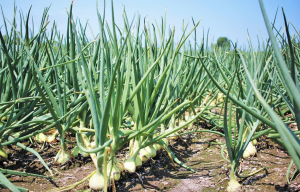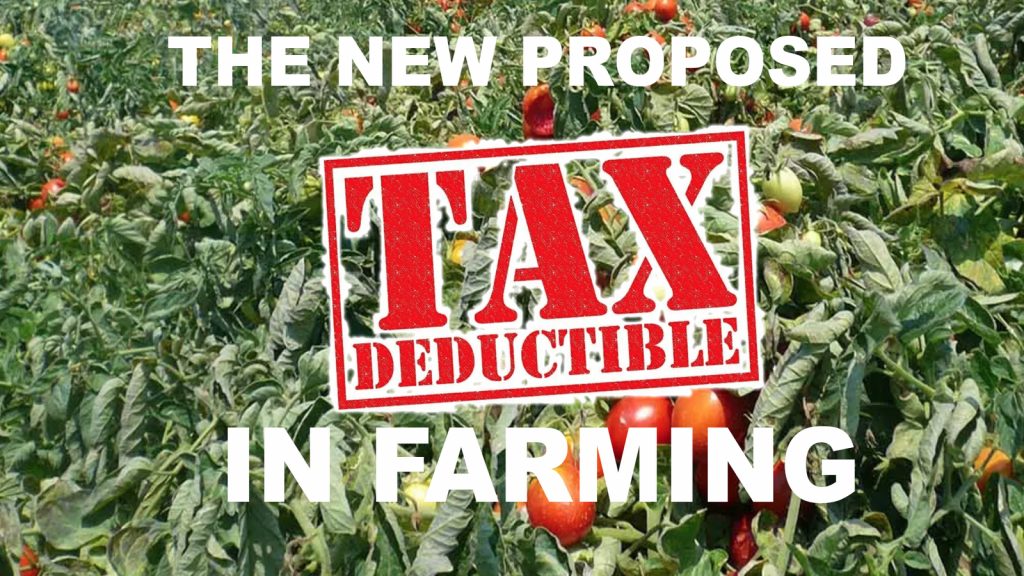The agricultural sector employs over 60 % of the Kenyan workforce. Indeed 70% of the rural population is farmers. Its reliance on agriculture has seen it earn directly and indirectly, contributing to the economic growth. The farmers belong to the jua kali sector (informal sector) which the government intends to include in the tax bracket. These farmers earn income that is taxable by law and failure to pay attracts interest, penalties and fines.

How does a farmer pay tax?
From his or her income, a farmer pays either, the Presumptive Tax,
Turnover Tax, or the Normal Income Tax. The National Treasury has proposed that farmers should pay presumptive tax. Basically, presumptive Tax is paid by taxpayers whose annual turnover is less than Ksh.5 million per one year of income. It is paid to the county government by taxpayers who need trading licenses. The fee is as either for new businesses or renewal of licenses.
Therefore if a farmer needs the license, he or she will be required to pay the presumptive tax which is at a rate of 15% of the license fees.
However as much as every citizen is expected to pay tax, this move will see increase in food prices and food imports. With the challenges experienced in the agricultural sector due to Covid 19, climate change and the war in Ukraine still with us to stay, the taxation will aggravate the situation. As a result the cost of production will go up. The farmer will be left with no option but to pass the extra costs to the consumer.
If the taxation if effected, food imports might increase with farmers making losses due to cheap imports. It is critical that farmers are motivated through incentives to spur production.
In short, farmers are feeling burdened by the passing and implementation of the law, because the timing might not be right under the prevailing circumstances.
